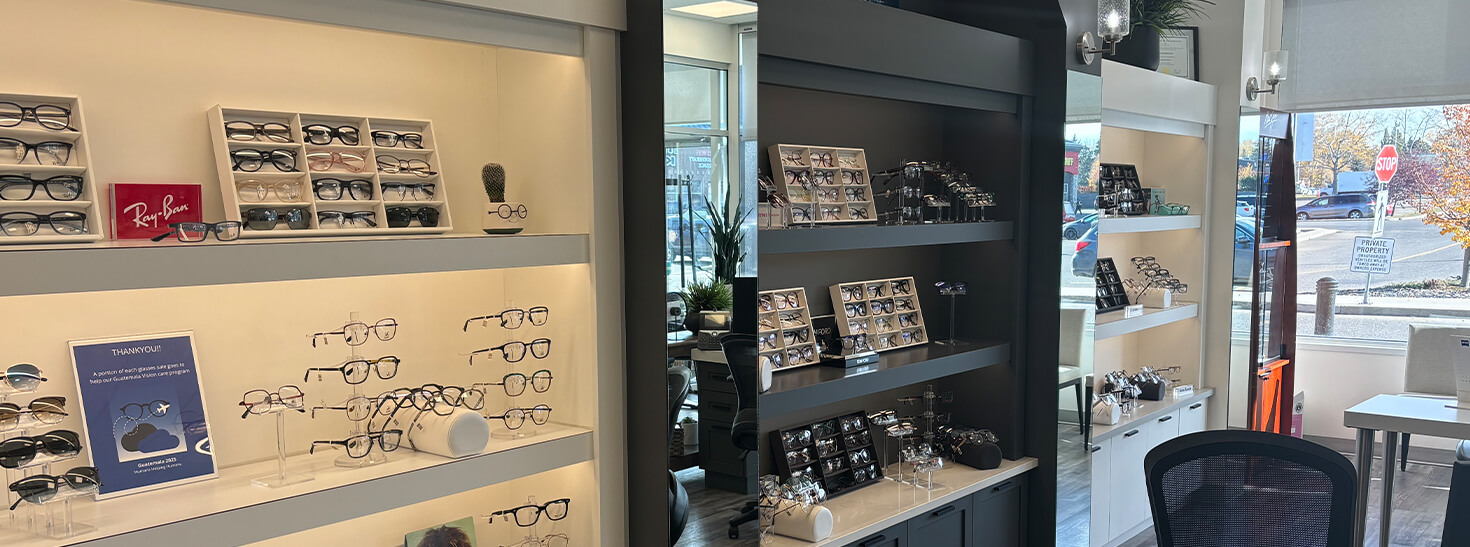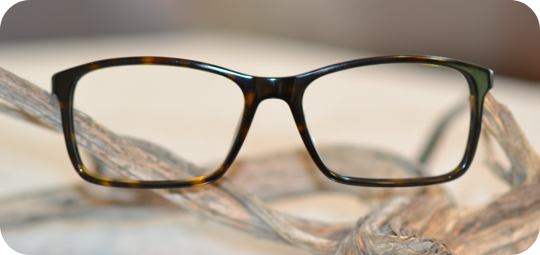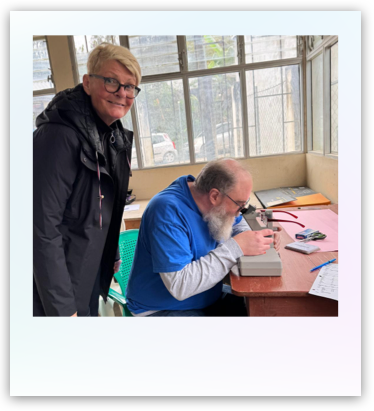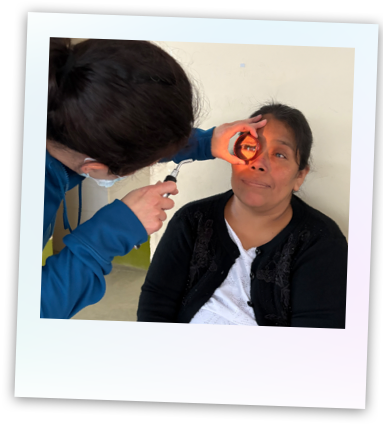Your eyes are not just windows to your soul; they are intricate, delicate organs, acting as finely tuned cameras, designed to capture the world’s beauty in vibrant detail. These remarkable organs deserve their own superhero theme song, but instead, they often get hit with the blues when stress comes to town. Recognizing the significance of your eyes makes it all the more vital to protect and care for them.
In this blog, we’ll explore the ways in which stress can affect your eyes and how you can protect your vision while acknowledging the toll stress can take.
Seeing Stress’ Impact on Your Vision
Stress can affect your vision in various ways, and sometimes, your eyes can in turn serve as an indicator of stress. Here’s a closer look:
Stress Hormones
Stress triggers the release of cortisol, which can have consequences for your eye health. Elevated cortisol levels may lead to increased intraocular pressure, and while brief changes in eye pressure aren’t necessarily harmful, over a long period of time, changes in eye pressure can damage the optic nerve.
Eye twitching
Have you noticed that your eyes sometimes spasm when you’re stressed? Eye twitching is a fairly common reaction to stress that’s made worse by caffeine and poor sleep. If your eye twitching does not go away after a couple weeks, book an appointment with your Optometrist.
Sensitivity to light
When you’re stressed or anxious, you might notice that bright lights hurt your eyes more than usual or make it harder to see. This is known as photophobia. While it can be caused by stress, light sensitivity can sometimes signal a more serious condition. Let your eye doctor know if you experience this on a regular basis.
Tunnel vision
Extreme anxiety can temporarily block your peripheral (side) vision and make you feel like you can only see objects directly in front of you. If this lasts a long time or happens on a regular basis, tell your Optometrist. Chronic tunnel vision can be a sign of more serious eye conditions, such as glaucoma.
Dry or Watery Eyes
Stress can impact the quality and length of your sleep which can lead to dry eye disorder. Good quality sleep is important for our eyes as it aids in the production and maintenance of tears. Additionally, there are certain medications used to manage stress-related symptoms that are linked to dry eyes. Be sure to let your Optometrist know about any medications you are taking.
Retinal Vascular Diseases
Chronic stress can contribute to high blood pressure, potentially affecting the small blood vessels in the retina and leading to conditions like hypertensive retinopathy. Uncontrolled blood sugar levels can also be problematic for people with diabetes. Poorly controlled blood sugars can contribute to diabetic retinopathy which may result in permanent vision loss if it isn’t diagnosed and treated early on.
Eye floaters
Though stress doesn’t cause floaters, it can lead to heightened awareness of tiny spots floating in your field of vision. Any time you notice an increase in floaters in your vision, it is imperative you book an appointment with your Optometrist as these can be signs of a hole, tear or detachment in your retina.
Symptoms to Look Out For:
As you navigate the challenges of stress and its impact on your vision, keep an eye out for these common symptoms:
- Eye Strain: If you frequently experience discomfort, dryness, or blurred vision after prolonged screen time or intense stress, it might be a sign of eye strain.
- Headaches: Stress-induced eye strain can lead to tension headaches, often located around the temples and forehead.
- Dry and Irritated Eyes: Reduced blinking due to stress can result in dry and irritated eyes.
- Changes in Vision: Stress might trigger temporary visual disturbances, such as seeing floaters, flashes of light or tunnel vision.
What to Do:
If you notice any of these symptoms and suspect stress is affecting your vision, here’s what you can do:
- Take Breaks: Make it a habit to take regular breaks from screens to reduce eye strain. Follow the 20-20-20 rule.
- Practice Stress Management: Incorporate relaxation techniques such as deep breathing, meditation, or yoga to manage stress effectively. It is important to find a technique that works for you.
- Seek Professional Help: Working with a psychologist, therapist, or counselor gives you an opportunity to explore your thoughts, feelings, and patterns of behavior and can help you learn new coping skills and techniques to better manage daily stressors.
- Stay Hydrated: Proper hydration is crucial for maintaining healthy eyes. Drink plenty of water to prevent dry eye symptoms.
- Prioritize Sleep: Ensure you’re getting a good night’s sleep to reduce eye dryness, eye strain and fatigue.
- Consult Your Optometrist: If symptoms persist or worsen, seek guidance from your Optometrist. Regular eye exams can help detect any underlying issues.

We’re here to help
At Airdrie Family Eye Doctors, we understand the impact of stress on your eyes and overall well-being. Your vision is our priority, and we’re here to support you every step of the way. Together, we can navigate the challenges of stress and its effects on your eyes. By recognizing the symptoms and taking steps to manage your stress, you’re not just caring for your vision but your overall well-being. We invite you to book an eye exam with us to ensure comprehensive care for your eyes. Your vision is a precious gift; let’s cherish and protect it together.

























